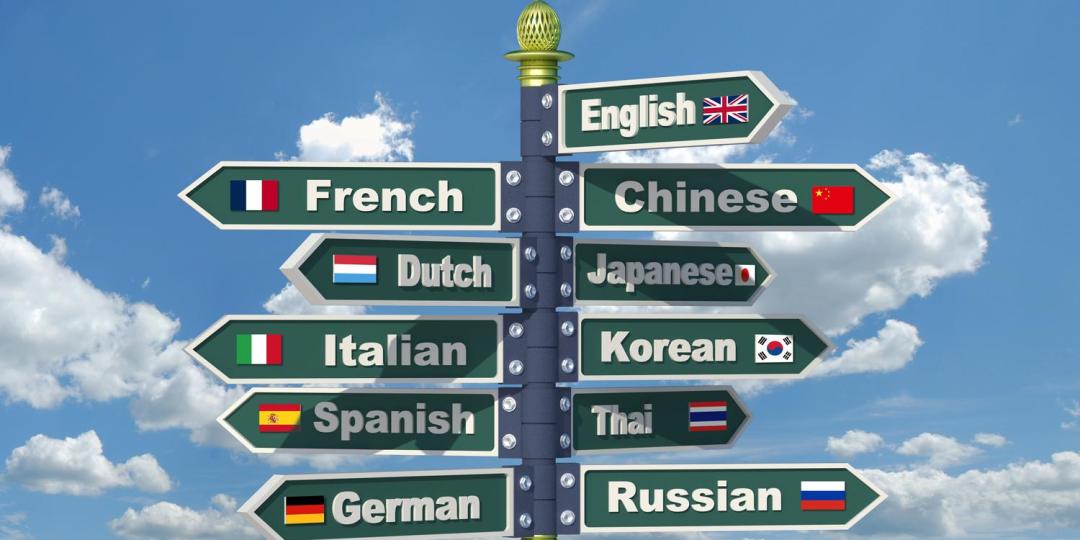A shortage of capable foreign language tour guides is hurting the South African tourism industry and preventing businesses from making progress in key markets.
“The impact of not having capable foreign language guides is that we cannot really grow inbound tourism numbers, especially during peak season,” says Juliane Loubser, MD of Fairfield Tours. “Now, whenever we get a peak season request from The Netherlands or Germany, we have to tell the group that we can only offer the tour with an English-speaking guide.” Loubser says this often puts the clients off coming to South Africa. “There has also been an increase in demand for privately guided tours, which we immediately have to decline because we know we are short-staffed on guides.”
Brendan McCarthy, National Head of Operations, ILIOS Travel, says: “For us to remain a viable destination to emerging markets we need to cater for their needs, and this includes catering for their language requirements.” McCarthy says there is an increased need to cater for emerging markets, specifically Portuguese and Spanish speaking markets. Other languages, such as Vietnamese, Russian, and Arabic, remain as specialist languages, according to McCarthy but he also points out that German- and Italian-speaking guides remain in high demand.
Alisha Kirk, Guide Academy Manager of Tourvest Destination Management, says: “There is a language gap, and has been for years. Our ability as South Africans to be able to speak in our 11 official languages doesn’t assist us in hosting foreign guests who cannot communicate in any of our official languages. There needs to be a greater drive to introduce foreign languages at school level with the ability of introducing exchange programmes with countries that form part of that programme.” Julie Mackenzie, Operations Manager of Tourvest DMC, adds: "Most of the guides in-country with these languages are aged from 40 to 70+ and there are simply not enough to facilitate the market we already have and definitely hinder any growth of these markets. The older guides are by far the most experienced and, often, enthusiastic, but of course there will come a time in the not too distant future when they are no longer willing to travel for extended lengths of time.”
Francois Collin, Media Relations at the National Federation of Tourist Guides and Affiliates, says the guides who are coming up do not have the same work ethic as previous generations. According to Collin, the older generation of guides accepted that they would be working 16-hour days and driving long distances. “There was no certificate in those days. All the training was done on the job.” Now Collin says that young guides do the necessary courses, get the certificates, and come into the industry thinking they are qualified.
“They want to walk straight into the top-level guiding jobs, despite not having the practical experience for it,” he says, adding that when the realities of the job become apparent, many of the younger guides decide to leave the industry rather than work their way to the top.
This article has been edited since publication.























